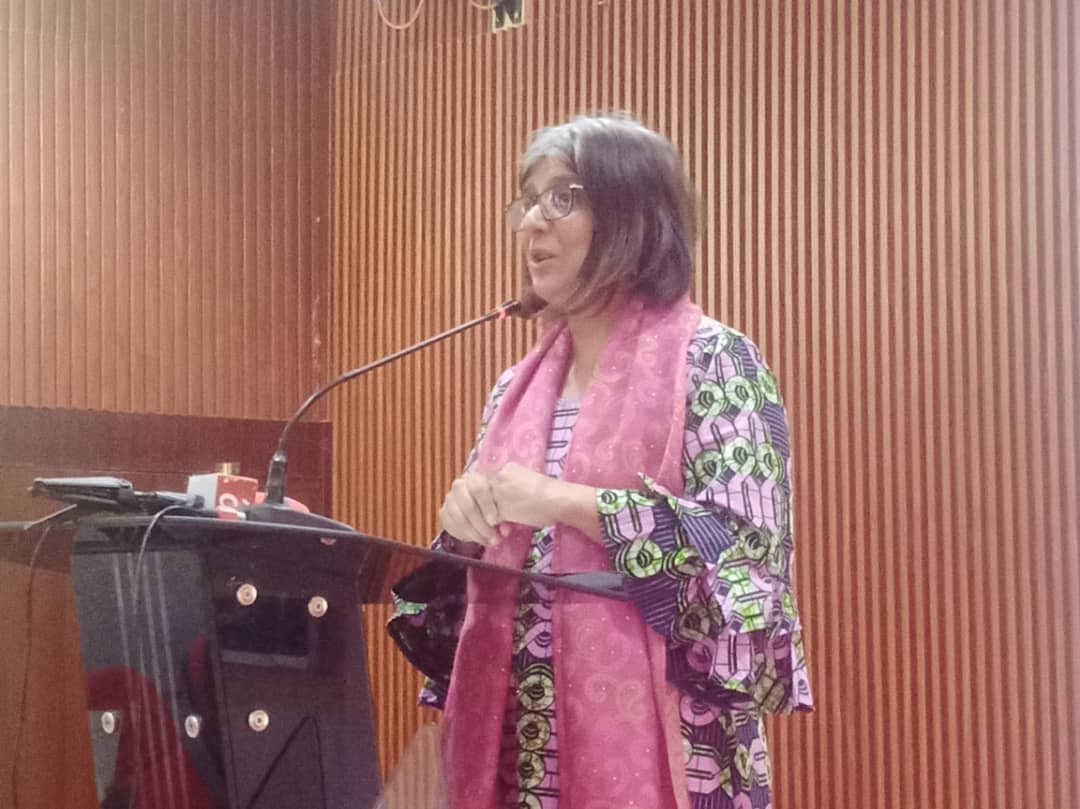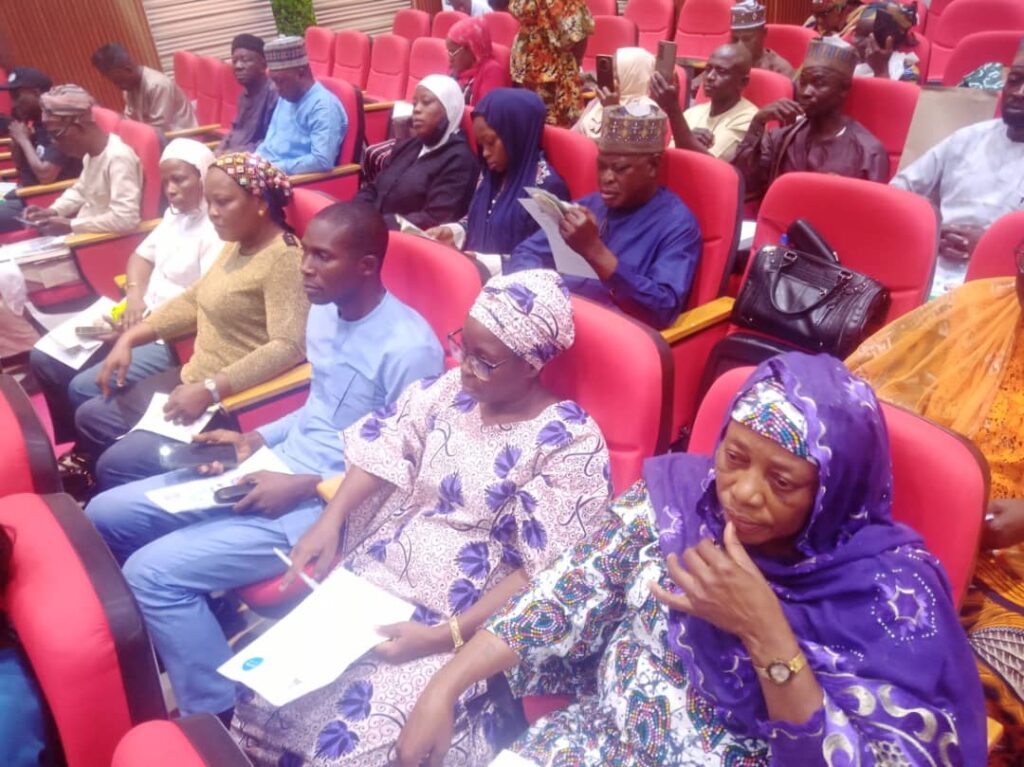
The drive towards reducing incidences of child malnutrition and stunting in Nigeria has again received a boost, following a stakeholders’ engagement on nutrition in Ilorin, the Kwara State capital.
The event organized by the Kwara State Government in collaboration with United Nations Children’s Fund, UNICEF brought together key state actors, community leaders, Chairpersons of Local Government Areas and their spouses, as well as health professionals.
In a presentation, UNICEF’s Chief Child Nutrition and Development Officer, Ms Nemat Hajeebhoy called for concerted effort and an increase in local government annual budgetary allocation for child nutrition to address the rising figures of stunted growth and malnutrition in Nigeria.
Ms Hajeebhoy affirmed that on the global ranking, Nigeria ranks number one in Africa and number two, after India, in the world, on number of malnourished children.
She said that for the country to crash the figures, it requires the commitment of local government administrators to ensure that pregnant women attend antenatal clinics, engage in six months exclusive breastfeeding and continue to breastfeed their babies for two years.

Ms Hajeebhoy stated that although Nigeria’s average annual stunting rate reduces by one point four percent annually, 31 million of the country’s population across 26 States still do not have access to regular meals, while two out of every three children suffer from childhood food poverty.
While acknowledging the investment of Kwara State Government in the child nutrition fund, Ms Hajeebhoy said in spite of this, Kwara’s stunting figure had increased by 8 percent hence the need for more pragmatic approaches.
She maintained that for effective change, attention must be given to the first one thousand days of live which begins from pregnancy to two years during which 75 percent of brain development happens.
The UNICEF’s Chief Child Nutrition and Development Officer, emphasized the need to collect data of pregnant women and births in every local government area for effective budgetary planning and allocation.
Ms Hajeebhoy who also underscored the importance of immunization and an open defecation free society to maternal and child health, urged the local government chairpersons to develop home grown solutions to the problems.
Responding, the Kwara State Commissioner for Health, Dr Amina Ahmed El-Imam gave assurance that the health indices on child nutrition, stunting, breastfeeding, maternal health and other heath concerns would soon improved in the State considering the ongoing mass investment in the health sector by Governor AbdulRahman Abdulrazaq.
Dr El-Imam who also expressed confidence in the abilities of the local councils in the State to bring about the much needed change in their various localities, advised residents to engage in farming while appealing to men to support their wives during nursing.
In a remark, Chairman Ilorin West Local Government and representative of Association of Local Governments of Nigeria, Kwara State Chapter, Alhaji Abdulrahman Ladan, expressed the readiness of Local Government Councils to begin, in earnest, implementation of programmes aimed at addressing the issues.
By Rasheedat Iliyas

